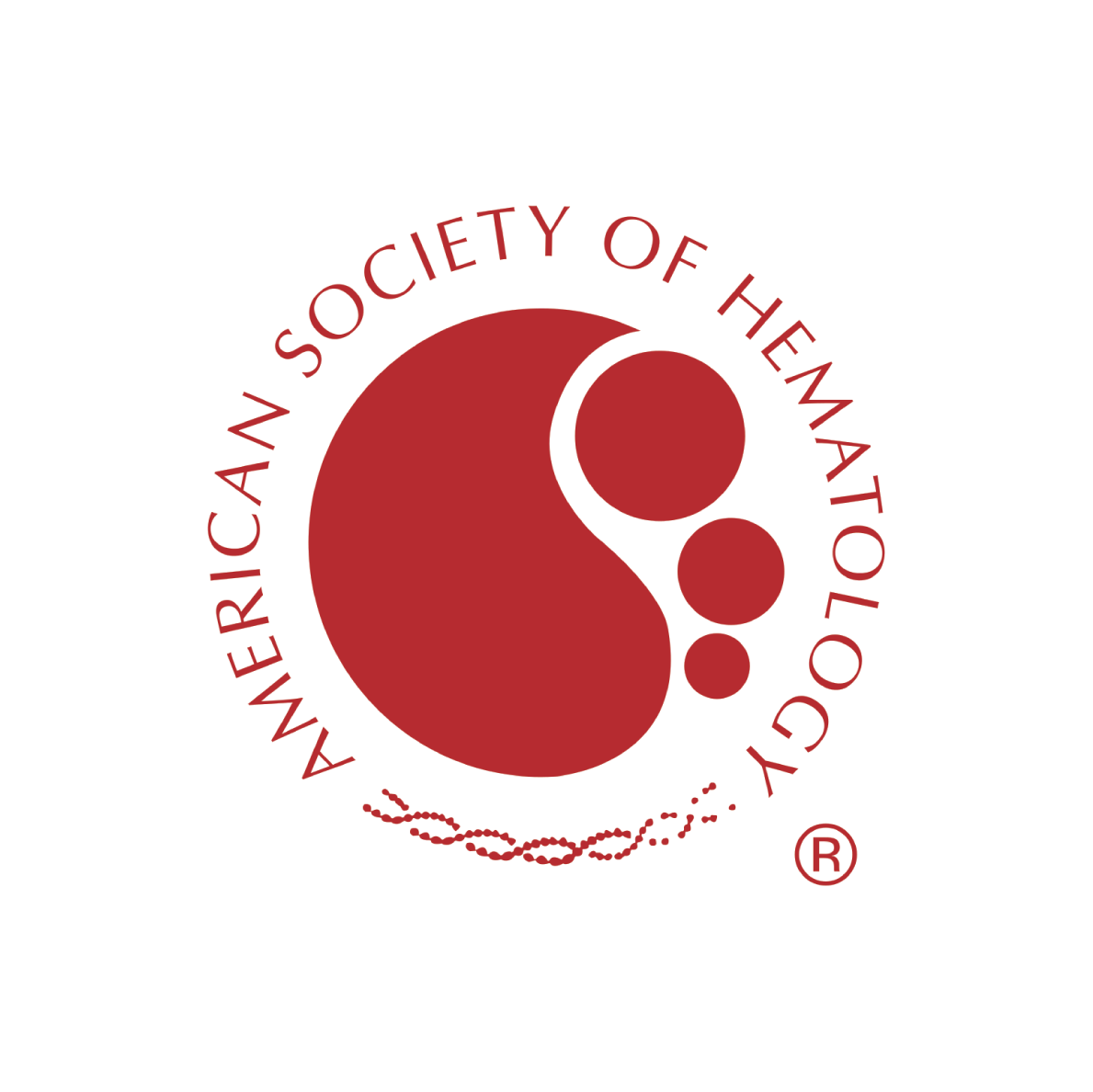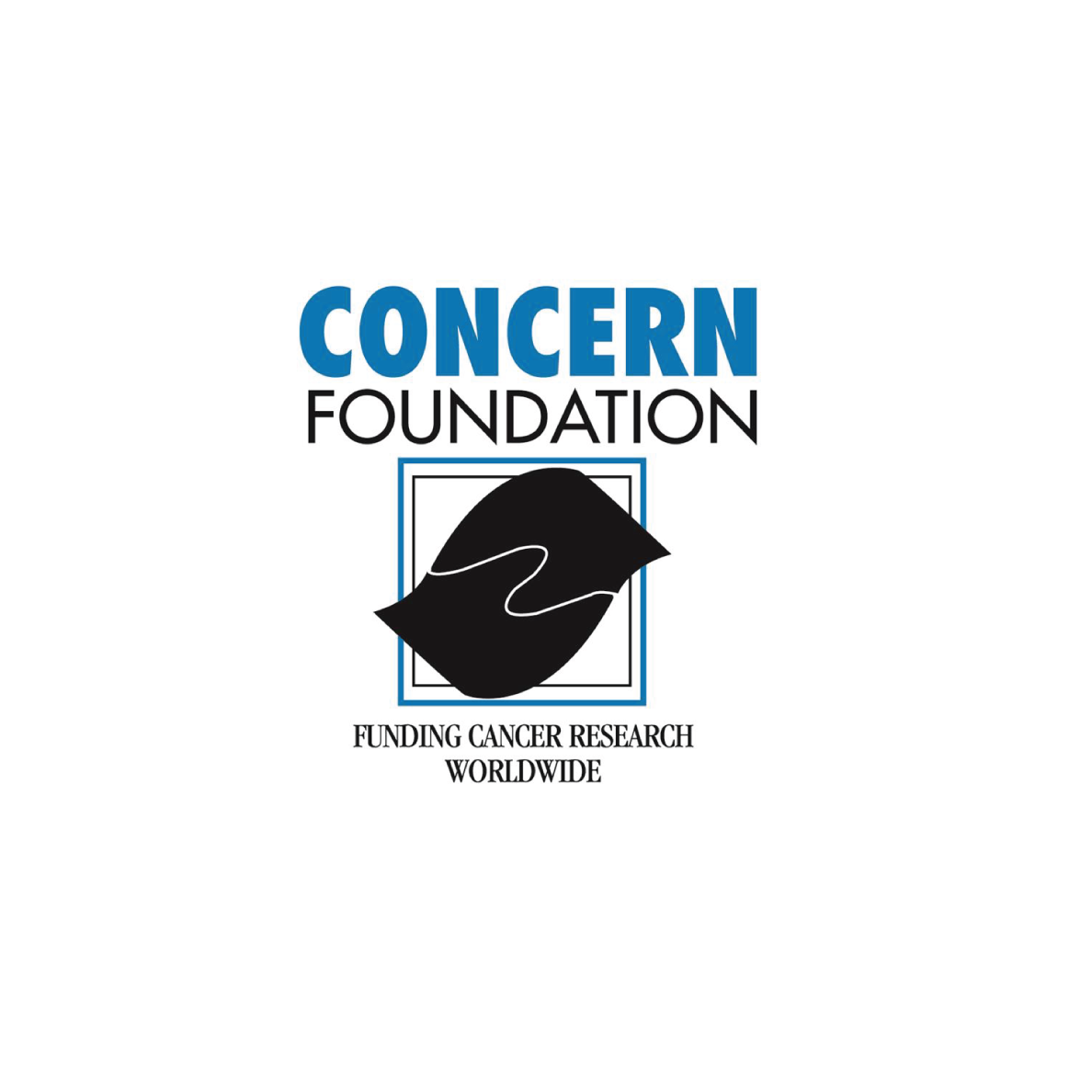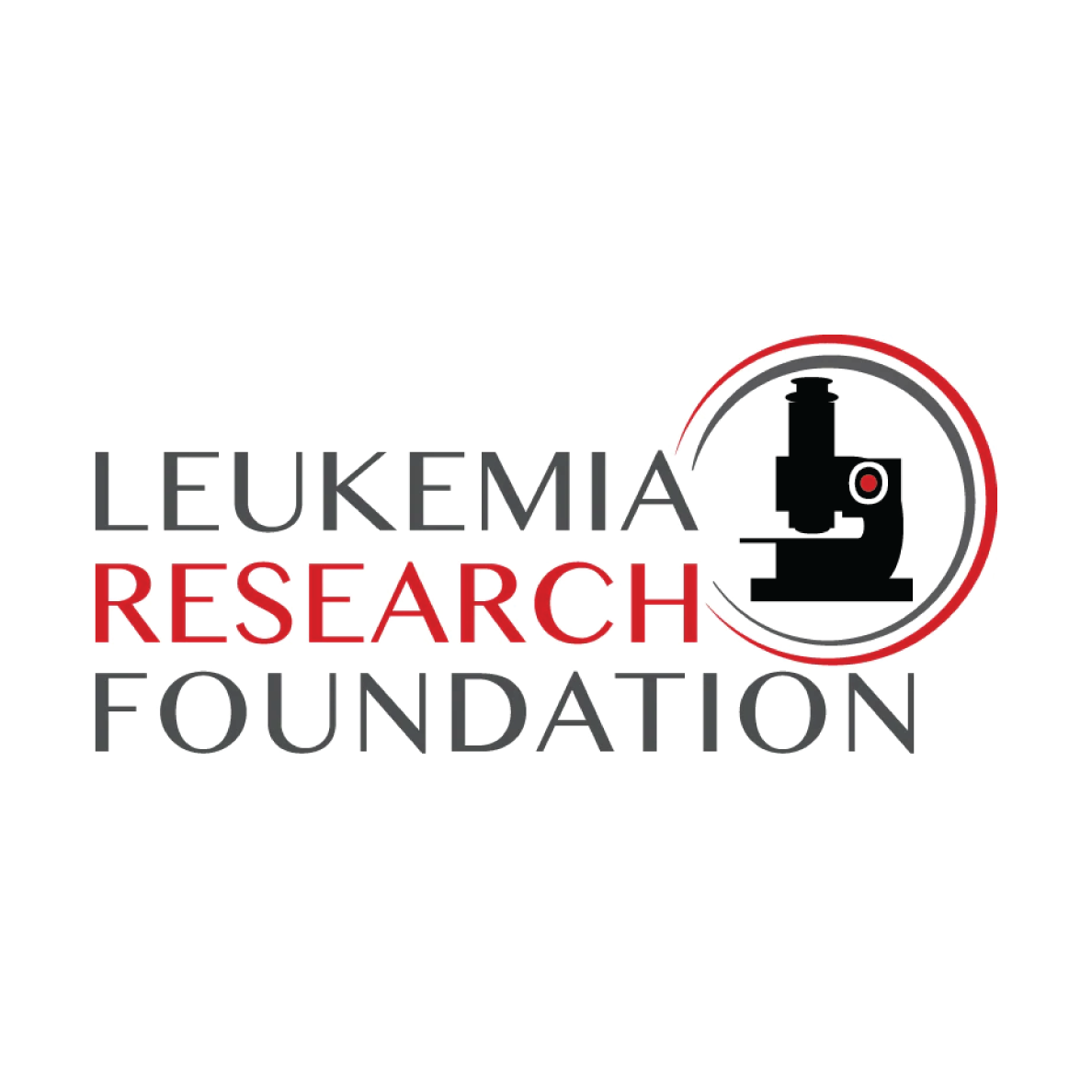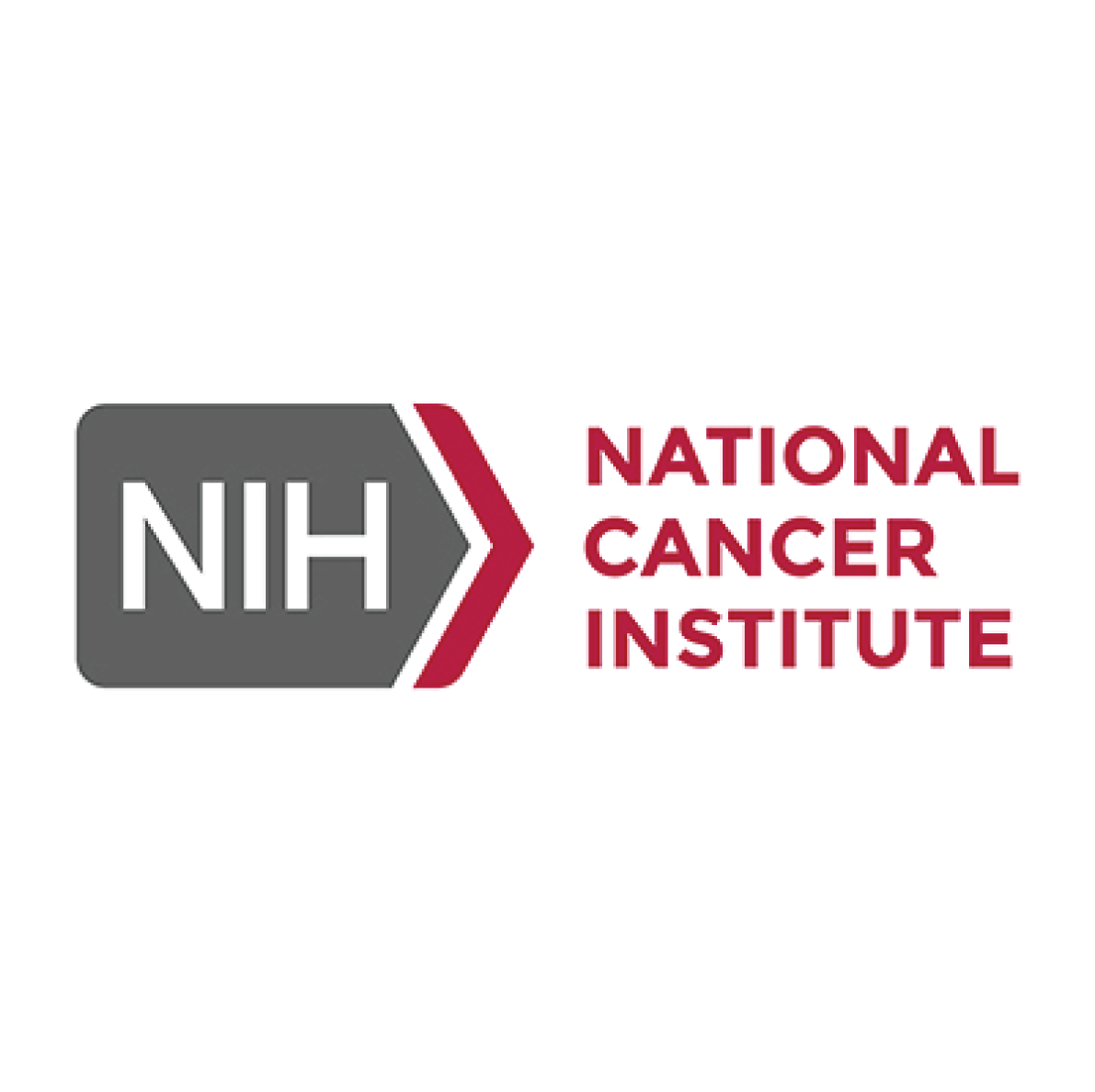RESEARCH
Epigenetic regulation, including the chemical modifications on DNA and the DNA-packaging histone proteins, controls where, when, and what genes are expressed in eukaryotic cells. Epigenetics is the major mechanism conferring diverse cell types of our body that come from the same DNA sequence. It has been shown that epigenetic regulation has profound impacts on human development and disease. Cancer cells, not only carry frequent mutations in epigenetic-modulating genes, but also reply on distinct epigenetic mechanisms for cancer initiation, maintenance, and drug resistance. Understanding the roles of epigenetic modifications, as well as their alterations in the pathogenesis of human cancers, is critical for developing novel therapeutic strategies for cancer treatment.
Epigenetic information provides an additional layer of control for gene expression.
The research in our lab aims to improve our understanding of epigenetic mechanisms in the development of human cancers. We choose acute myeloid leukemia (AML) as our major cancer model, because AML has fewer mutations than most other cancers and many of the mutations in AML hit genes encoding epigenetic regulators. Our research aims to understand epigenetic regulation in human cancers, determine critical oncogenic pathways, and use the knowledge to develop targeted therapeutic approaches. We are taking multifaceted approaches involving stem cell biology, cancer biology, chromatin biology, as well as genomics and computational biology. The specific research directions of our lab are list below.
We use AML as a model to study cancer epigenetics because of its unique characteristics.
Understanding the molecular basis of driver mutations
At least 70% of AML patients carry mutations of epigenetic-modulating genes, however, we are still at the very early stage in understanding these epigenetic modulators and their mutations in AML. It is important to understand the molecular mechanisms that how these mutations contribute to oncogenic transformation, before we develop therapeutic approaches to reverse the oncogenic changes to the cells. As an example, our previous work has systemically delineated the aberrant epigenome caused by DNMT3A mutation in a murine AML model, and identified DOT1L as a target for treating DNMT3A-mutated leukemia (Cancer Cell, 2016). We have a great interest in understanding AML-related mutations in epigenetic-modulating genes, and we will use state-of-the-art approaches to study the mutants at biochemical (Molecular Cell, 2013), genomic (Nature, 2018), cellular, and whole-animal levels.
We use next-generation sequencing technology to profile epigenetic modifications at genome-wide levels.
Discovery of novel targets for cancer epigenetic therapies
A growing body of evidence suggests that cancer cells usually acquire aberrant epigenetic programs to activate oncogenes or silence tumor suppressor genes to establish and sustain the malignant state. Unlike genetic alterations, the changes of epigenetic modifications are reversible, allowing us to restore the normal epigenetic states of affected genes, and ultimately, to reprogram cancer cells toward a normal or non-malignant status. Recently, a number of small molecules targeting responsible epigenetic modulators have developed and are in the clinical trials for treating a variety of human cancers, including acute myeloid leukemia (see this review). However, our knowledge on the epigenetic and transcriptional dependency of leukemia remains limited. We are using candidate approach, genome-wide screening (eLife, 2020), in vitro and in vivo models (Cancer Cell, 2016; Cancer Research, 2019; Blood Advances, 2021) to identify and systemically characterize novel targets for epigenetic therapies in human leukemia.
We identify novel targets responsible for cancer-specific transcriptional and epigenetic regulations.
Epigenetic Regulation of Therapeutic Response
AML is an aggressive and heterogeneous cancer where many patients develop resistance to therapies. Our research employs CRISPR screens and chemical probes to understand how alterations in epigenetic regulators and transcription factors modulate drug responses. We discovered that loss of the histone demethylase UTX leads to resistance against DOT1L and Menin inhibitors in KMT2A-rearranged AML (Leukemia, 2023). We also identified PRC1.1 as crucial for Menin inhibitor sensitivity; its absence reactivates non-canonical Menin targets, but combining Menin inhibitors with the BCL-2 inhibitor venetoclax can overcome this resistance (Blood, 2024). Additionally, we found that the transcription factor ZNF740 is key for venetoclax response, revealing the ZNF740-NOXA-MCL1 axis as a potential therapeutic target (Cell Death & Disease, 2024). These studies not only deepen our understanding of therapeutic responses in AML but also demonstrate how chemical probes are invaluable tools for dissecting complex epigenetic and transcriptional regulations. Our ongoing work continues to investigate epigenetic mechanisms underlying responses to promising therapies, with the goal of improving treatment options for patients with AML.
Chemical probes are not just drugs; they are invaluable tools that unlock the intricate secrets of biological mechanisms.
Research Support
We thank the following organizations for supporting our research:














